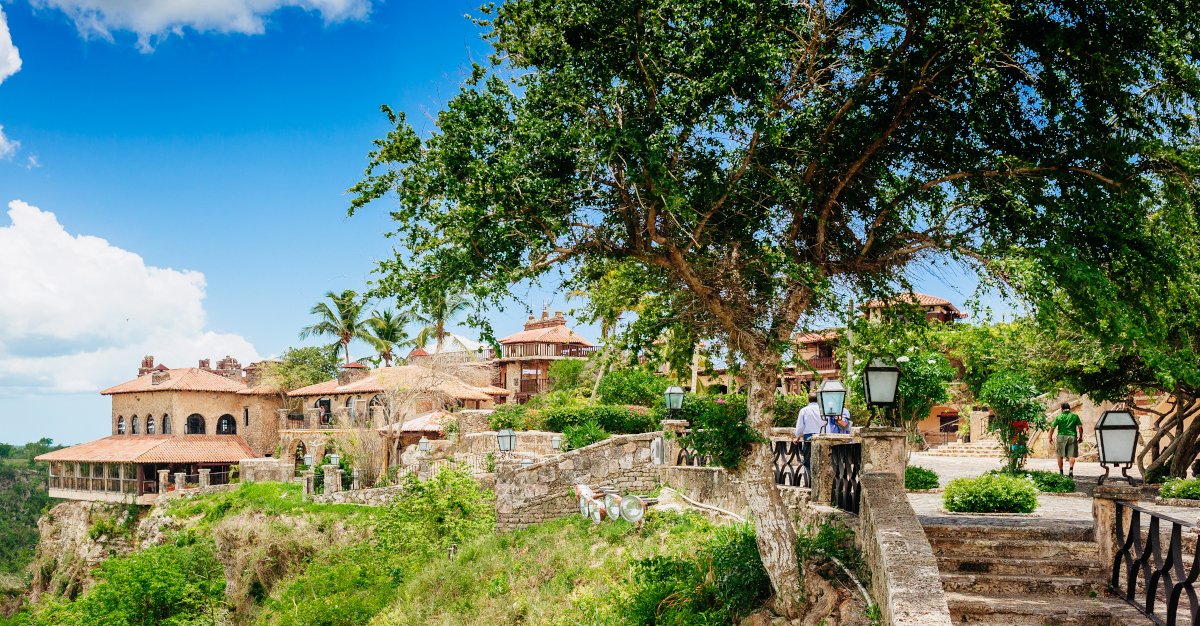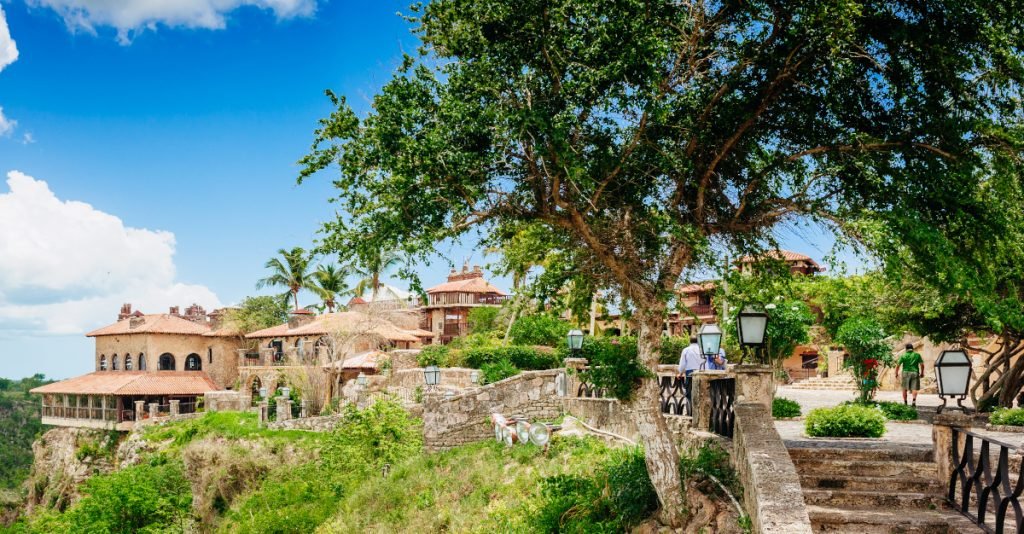On December 5, 1492, during the first of his voyages in search of India, Christopher Columbus landed on Hispaniola – the island currently shared by the Dominican Republic and Haiti.
Upon arrival, he reportedly declared the island “the most beautiful land that human eyes have ever seen.”
Another source recounts his exact description of Hispaniola as “the fairest land under heaven.”
Whatever the case, the sentiment is hard to dispute.
The Dominican Republic (not to be confused with another Caribbean island called Dominica) boasts a beautiful coastline, including some of the most highly ranked beaches in the world.
Now, postcard-perfect beaches are hardly unusual in the Caribbean. But there are some unique features of the Dominican Republic that make it an interesting Plan B option.
For starters, it’s inexpensive. In 2022, we rated the Dominican Republic as “Very cheap (2/7)” in our Cost of Living Index. In comparison, the cost of living in neighboring Puerto Rico is at least 50% more expensive.
This is a surprisingly unusual benefit in the Caribbean; many of the islands in this region have outrageous import duties. And, given that basically everything has to be imported, the cost of living on many Caribbean islands is quite high.
But Dominican Republic is one of the exceptions; it’s quite reasonably priced.
Another unique feature– DR’s territorial tax system.
Even if you end up living in the country for most of the year, you will generally only be liable for taxation of income you generate from within the country, such as from local employment.
So, if you own and operate a local business in the capital city of Santo Domingo, that income would be taxable.
But if you trade cryptocurrency or own a company that does business outside of the Dominican Republic, that income is generally not taxable in DR.
Another key feature is that the country offers very flexible residency requirements.
You can become a permanent resident in the country through pensioner (pensionado) or rentier (rentista) residencies by demonstrating that you have a pension of at least $1,500, or $2,000 of passive income, respectively.
And you don’t have to spend a lot of time on the ground in order to renew your permanent residency; you will just need to visit the Dominican Republic once per year to keep your residency active.
Thus, if you live on the East Coast of the US or Canada, traveling there will be easy.
And importantly, after holding your Dominican residency for two years, you become eligible to apply for naturalization.
(This process tends to take quite some time, so realistically a foreigner could become a naturalized citizen after about four to five years of residency in the Dominican Republic.)
Just keep in mind that, currently, we rate a Dominican Republic passport as a “C-”.
That said, it’s quite possible that the Dominican Republic’s passport quality will increase in the future, given that a nation’s visa-free travel options typically increase with its overall economic growth.
This may be a reasonable option for your own Plan B. There are, of course, other ways to obtain citizenship, such as through ancestry, or Citizenship by Investment programs.
But we view the Dominican Republic as a “Citizenship by Vacation” option that may be worth your consideration.
We recently released an in depth report to our premium Sovereign Confidential members, detailing everything you need to know about the process.
In it, we also go into the tax implications if you decide to live in the Dominican Republic for more than half the year – and some tax incentives that can significantly reduce the tax burden.
Then we share the story of a Sovereign Confidential member who has already been through the process, and received a Dominican passport.
And of course we don’t ignore the negatives to consider before diving in.
This is just one of the many alerts, letters, blackpapers, and case studies our Sovereign Confidential members receive on a regular basis, multiple times each month.
Sovereign Confidential members also benefit from access to our trusted, vetted service providers who can help you take the next steps on any Plan B strategy we present.









